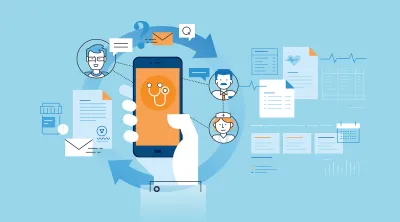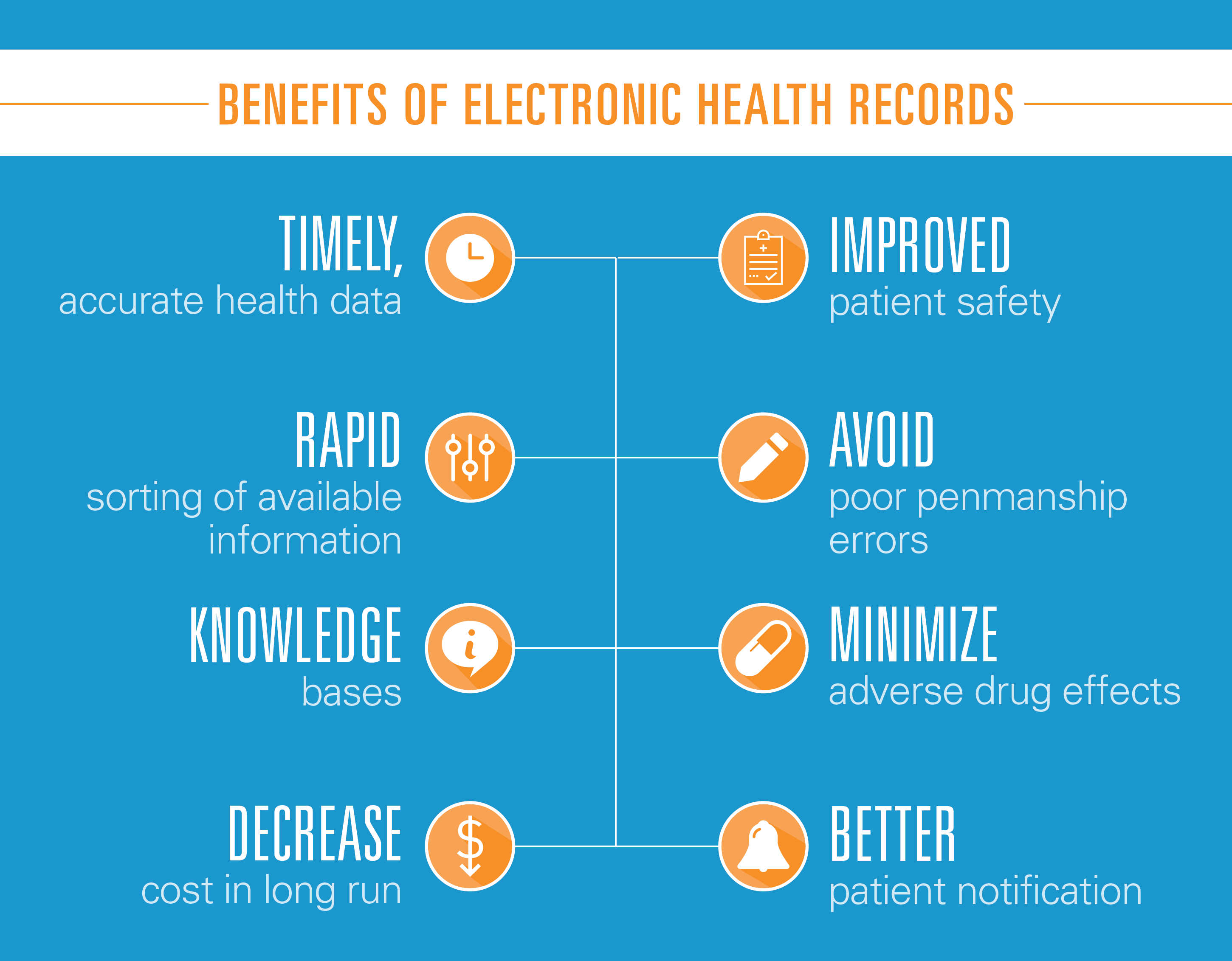Using 21st century data to provide old-fashioned care for children

Picture this: The pediatrician comes into the exam room, greeting you and your child by name.
She already knows about your child’s symptoms, since she’s spoken with the nurse and administrator. She takes her time examining your child and answers all your questions. She makes sure that your child is up to date on immunizations and then assures you that you can call – and speak to a person affiliated with the practice – at any time, day or night.
Does this sound like medicine from a bygone era? It isn’t – this is patient-centered pediatric care, as practiced by doctors treating Horizon Blue Cross Blue Shield of New Jersey members. And while the scene may evoke a Norman Rockwell painting, the personalized care is powered by a 21st century use of data and tools like electronic health records (EHRs).
When used appropriately, data – and the EHRs used to store that data – can help doctors provide the best, most individualized care for patients. At the 2017 HIMSS conference, one of the nation’s most important annual summits on technology and medicine, John Walsh, Chief Technology Officer for Horizon BCBSNJ, explained how data and EHRs are powering patient-centered medicine, while also controlling costs.
Two forces are leading a seismic shift in the healthcare industry, Walsh said. Patients are more educated than ever before. They are researching diagnoses and treatments online and through social media, and often arrive at their appointments with clear expectations for care. At the same time, the healthcare industry is moving toward a patient-focused model that bases payments made to doctors, nurses and hospitals on the quality of care they provide, and on improved outcomes for patients, rather than simply on the volume of the services they provide.
EHRs can be a powerful tool in this transformation. When stripped of identifying information, collected and analyzed, they can provide insights into the health of populations and keep track of critical health information to ensure that patients receive better care.

More than 1,000 pediatricians and family medicine doctors take part in Horizon BCBSNJ’s patient-centered pediatric program caring for more than 200,000 members. They provide detailed assessments for patients, in part by asking questions on subjects including nutrition and activity levels. This data – along with height and weight – is entered in each child’s EHR and tracked over time. They also check and record that children’s immunizations are current and, for children with ADHD, check to see how they are responding to medications (see this recent report by the Blue Cross Blue Shield Association on the impact of ADHD on the health of American children). And, by being available 24/7, the pediatricians help cut back on unnecessary emergency room visits.
“We’re just at the beginning of the evolution,” said Lili Brillstein, Director of Episodes of Care in Market Innovations at Horizon BCBSNJ, who also participated in the conference. “At Horizon BCBSNJ, the work we’re doing in New Jersey puts us ahead of the pack. We’re committed to making these changes. You just have to stay open to change.”
